The Singing Stone (Zulu)
R120When Storm holds her stone and sings, everyone in the village stops to listen.
Showing 65–75 of 75 results
 Out of stock
Out of stockWhen Storm holds her stone and sings, everyone in the village stops to listen.
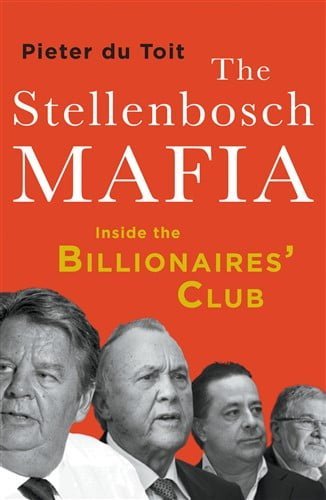
About 50km outside of Cape Town lies the beautiful town of Stellenbosch, nestled against vineyards and blue mountains that stretch to the sky. Here reside some of South Africa’s wealthiest individuals: all male, all Afrikaans – and all stinking rich. Johann Rupert, Jannie Mouton, Markus Jooste and Christo Weise, to name a few.
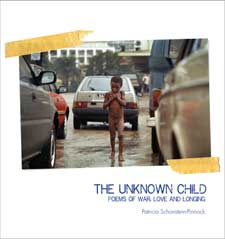
Children who are stripped of their innocence and forced to participate in civil and regional war are the true victims of human conflict. These child-soldiers, whose spirits are hobbled by combat, are cheated of their youth,
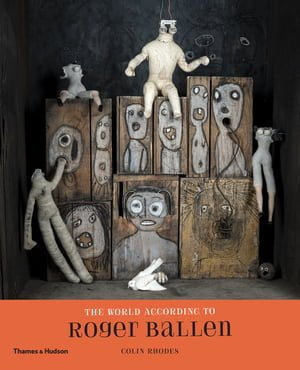
The World According to Roger Ballen, coauthored with Colin Rhodes, looks at Ballen’s career in the wider cultural context beyond photography, including his connections with and interest in art brut. It features photographs selected from across Ballen’s career, along with installations created exclusively for an exhibition at the Halle Saint Pierre, Paris, and examples of objects and works from Ballen’s own collection of art brut.
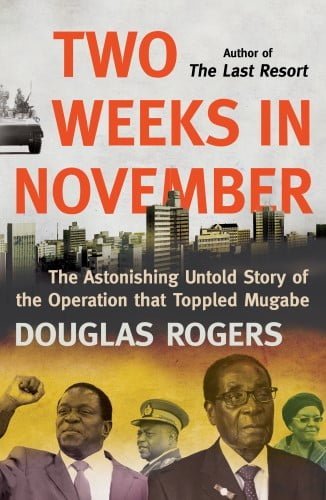
What begins as an improbable adventure destined for failure, marked by a mixture of bravery, strategic cunning and bumbling naiveté, soon turns into the most sophisticated political-military operation in African history. By virtue of their being together, the unlikely team of misfit rivals is suddenly in position to spin what might have been seen as an illegal coup into a mass popular uprising that the world – and millions of Zimbabweans – will enthusiastically support.
Impeccably researched, deftly written, and told in the style of a political thriller, Two Weeks in November is Ocean’s 11meets Game of Thrones: a real-world life or death chess match for the future of a country where the political endgame is never a forgone conclusion.

Spanning a wide geographical range, this collection features many of the now prominent first generation of African writers and draws attention to a new generation of writers. Powerful, intriguing and essentially non-Western, these stories will be welcome by an audience truly ready for multicultural voices.

Bradley D Steyn’s astonishing true-life thriller reveals for the first time some of the dirty secrets of a dirty war??????? within the borders of South Africa, during the dying days of apartheid.
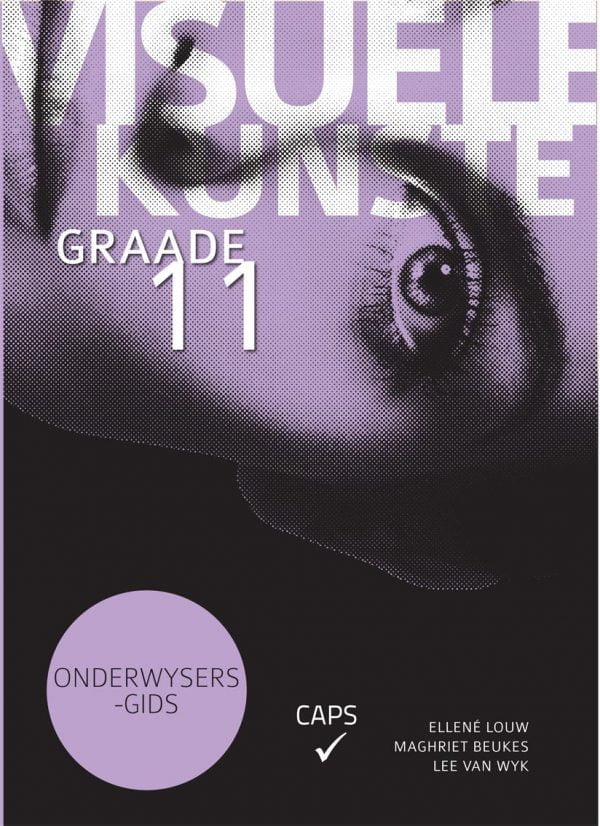
This comprehensive Teacher’s Guide has been approved by the DBE.
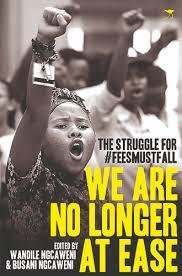
The collection includes works by the young student leaders turned academic and public commentators such as David Maimela, Thapelo Tselapedi and Sisonke Msimang; student newspaper journalists that were covering the protests like Natasha Ndlebe; public writing commentators with aims to inform and teach the broader South African society about the aspects of the movement like Yamkela Spengane and Rofhiwa Maneta; lecturers who were assisting the students articulate and find clarity in the way they shaped and voiced their ideas such as Sabelo Ndlovu-Gatsheni and then of course others were foot soldiers on the ground leading students through the police brutality of rubber bullets and pepper spray like Mcebo Dlamini, Loverlyn Nwandeyi, Ntokozo Qwabe and Ramabina Mahapa.

Ben Turok, a former antiapartheid activist and veteran ANC MP, played a key role in the writing of the Freedom Charter, in particular its chapter dealing with economic equality. In November 2011, he broke party ranks and did not vote for the controversial Protection of Information Bill, also known as the Secrecy Bill.

WTF is renowned cartoonist Zapiro’s account of the Zuma years in 400 brilliant cartoons and the stories behind them.
No products in the basket.